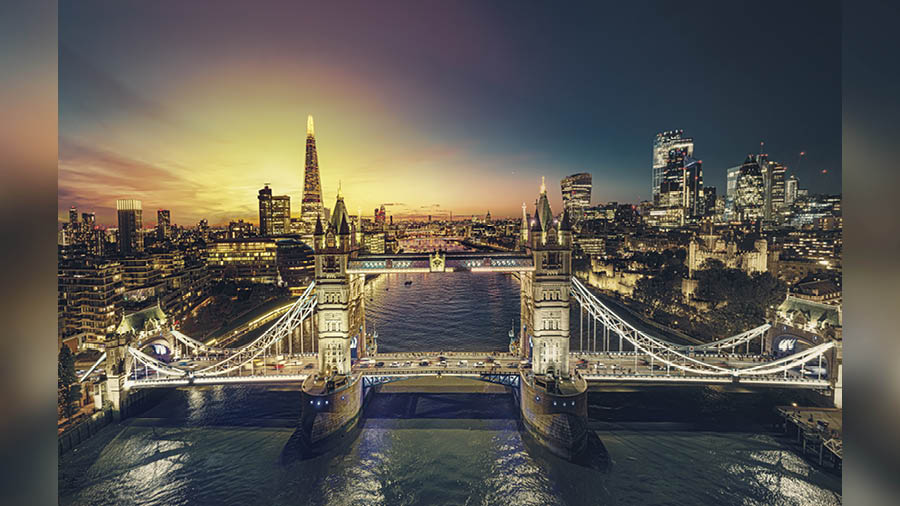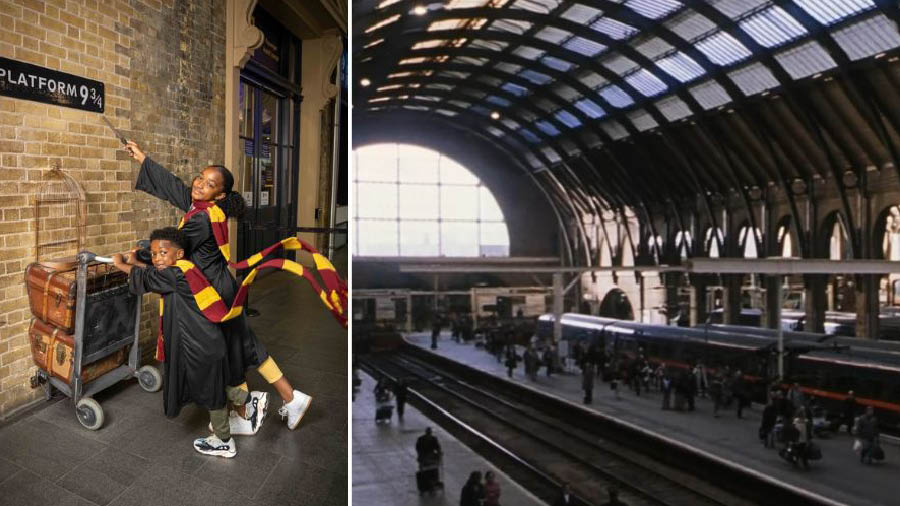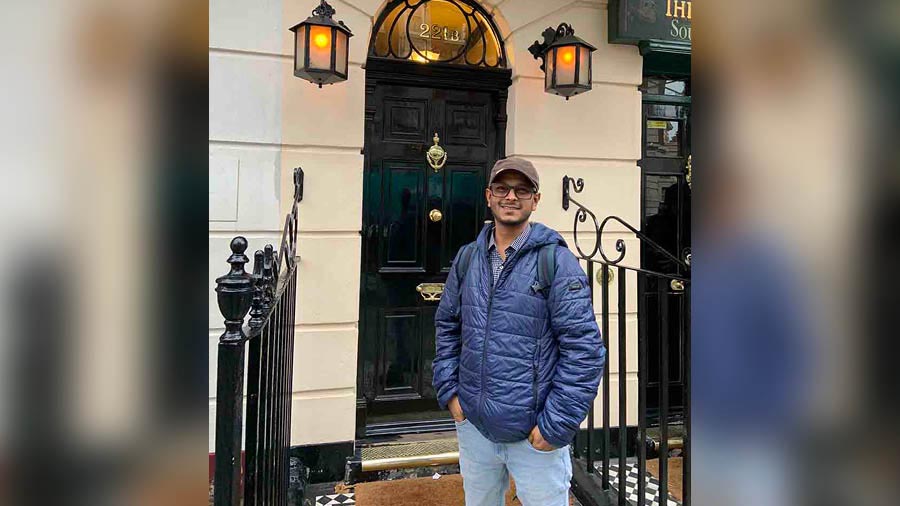The city of London stands out as special in the minds of many. With an undeniable impact on the world of arts, fashion, entertainment, commerce, finance, education, science, technology, healthcare, tourism, transport, and all forms of communication, London is an undeniably vibrant, electric place.
Because so many regard it as the city of their dreams, it has attracted people from as many as 270 communities and likely more, with an estimated 300 languages spoken there. When it comes to multiculturalism, a cosmopolitan lifestyle with history and iconic buildings to match, London undoubtedly still reigns supreme.
But going by trends that are becoming increasingly unmissable, perhaps we are being too charitable in showering the historic metropolis with such glowing accolades. London’s air during the industrial revolution and its aftermath was sometimes called The Big Smoke, and now some of the same effects are coughing their way back in a new avatar. Modern life aided by vehicular traffic, industries and human apathy reels in the throes of increasingly poor air quality after decades of clear skies.
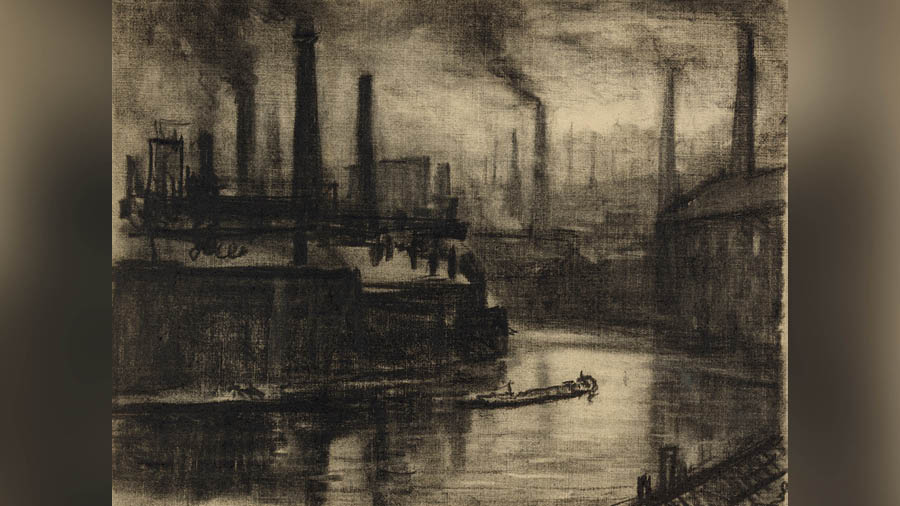
London’s air during the industrial revolution and its aftermath was sometimes called ‘The Big Smoke’, and now some of the same effects are coughing their way back in a new avatar Shutterstock
News and statistics aside, there are many personal anecdotes that paint a grim picture of the city life of today. I’ve heard quite a few instances that I never imagined I would hear about a city we all hold so high in our esteem. My friend and member of the Central Board of Film Certification Vani Tripathi Tikoo has one such account. She was mugged inside the haven for toy lovers, Hamleys, of all places.
Only last summer, another friend’s phone was snatched as she was attempting to call an Uber. This incident occurred as she stood with all her shopping bags from Selfridges, a luxury department store just across the street.
I have personal experience of this change, too. I was leaving the home of a prominent London barrister in a posh locality this summer when an Italian friend of mine did something surprising. She removed her jewellery and her watch and stashed them deep in her purse before stepping out on the road. She lived only five minutes away and was going to walk back home. I found it hard to believe the London of today has become unsafe to this extent that so much caution had to be exercised even in an area so posh.
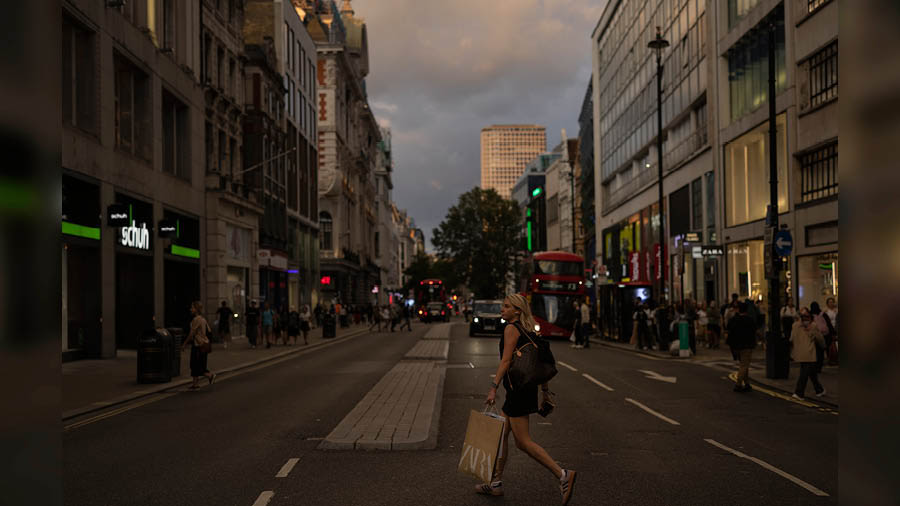
London of today has become unsafe to the extent that much caution has to be exercised even in its posh areas Dan Kitwood/Getty Images
In yet another shocking instance, another friend was at the receiving end of an impressive sleight of hand with disastrous consequences. At the historic luxury retailer Harrods, she was so lost in the charms of a product that caught her fancy that she failed to notice her bag had vanished! She managed to identify two women making off with her belongings and immediately came forward to the authorities.
But their response was far from swift. The sales executive made a series of calls, resulting in bureaucratic delays and security protocols being deployed. After an endless wait, my friend was finally only offered video footage with evidence of the theft, but only after a formal police complaint had been lodged. No one, from the shop-floor assistants to the management, seemed to care. Even the iconic Harrods reflects a London that has been reshaped by forces quite alien to our romanticised notion of the city.
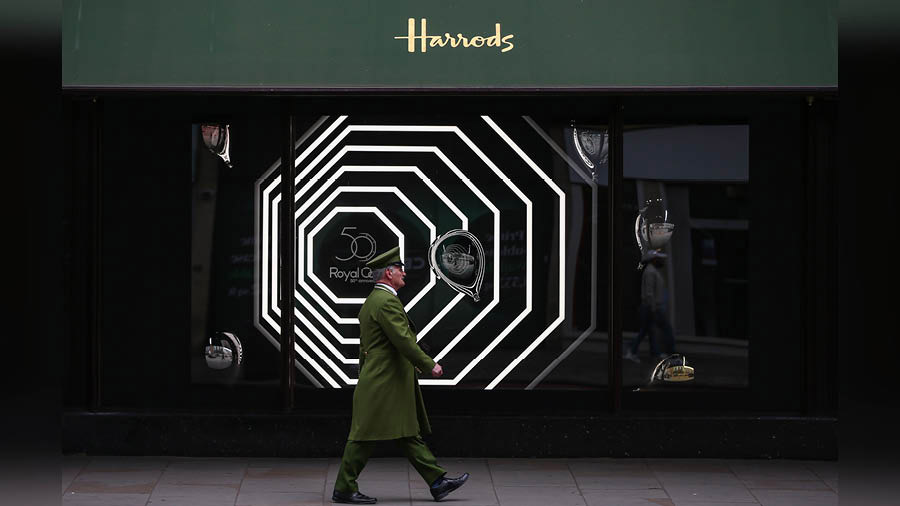
A doorman at Harrods luxury department store in London Hollie Adams/Getty Images
I am not an economist and cannot claim to be well-versed in the intricacies of the impact on globalisation, but even I can’t help but reflect on the evolution of London. From my inaugural visit in 1994, an annual summer visit to London is a tradition I have upheld, apart from the covid lockdown years. Aside from a certain familiarity – the café and unchanging newspaper stands at Victoria Station, the Indian grocery shop opposite the Euston station by-lane and so many more — the city’s essence has undergone a remarkable transformation. The search for traditional British elements within this iconic capital is now akin to a treasure hunt; a quest to find the authentic threads of the nation’s identity. Traditional shops at Old Bond Street, once oozing British finesse, are now just a little diluted. The arcades, which used to house renowned hat shops and boutiques for cufflinks and leather accessories that were quintessentially London, have seen a transformation. Quality, while not entirely replaced by Chinese alternatives, has shifted.
The police, the famed Scotland Yard, have become so busy that with petty crimes, handing over a copy of the complaint is the best they can do. That at least ensures a successful insurance claim can be filed. I have also heard that nowadays the police either would not pick up the phones or arrive or respond to a complaint they receive for hours. Is this the new London? How I wish it wasn’t.
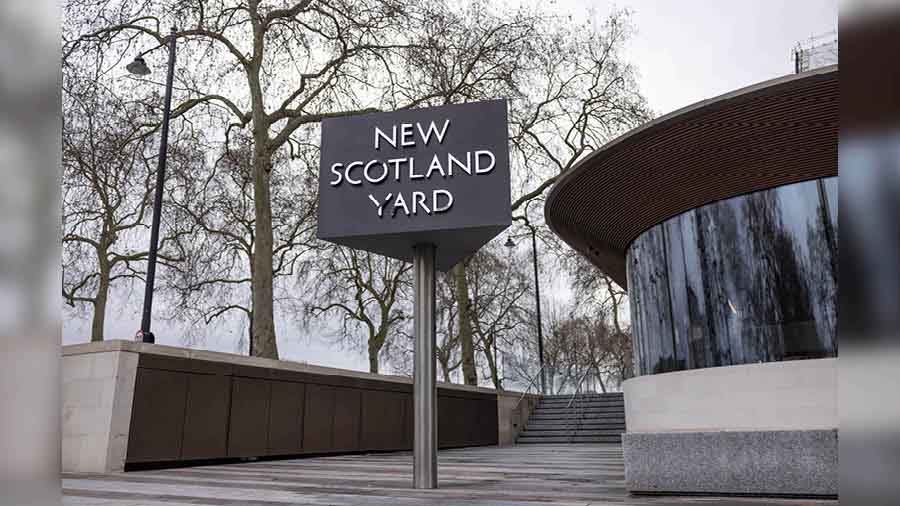
The police, the famed Scotland Yard, have become so busy that with petty crimes, handing over a copy of the complaint is the best they can do Dan Kitwood/Getty Images
The acceptance of this new identity was even more apparent to me while I was in Scotland. After all I had heard and seen, I was extra cautious with my belongings while trying out some sunglasses at a store. The counter attendant noticed this and assured me with a smile that I could relax – I was in Edinburgh, not in London.
Another thing to keep in mind: there is no way you can reach on time for meetings in central London anymore. Not by road, at least. The vast increase in the number of residents in the city has added yet another undesirable facet with its congested roads. Only recently, London’s traffic was ranked as the worst in the world for a second year in a row and the downslide continues each day. As per a global study conducted by INRIX in 50 countries (which, according to my quick research, does not include our teeming Indian metropolises), London was the most gridlocked. The net impact of this? Londoners need to recalibrate their sense of time. It can become next to impossible to honour commitments or promises as all good intentions go down the drain while waiting and wallowing in agonising traffic. Of course, London’s famed Big Ben still tells the time, but that means nothing on the ground!
London has changed, and most certainly, not for the better.
